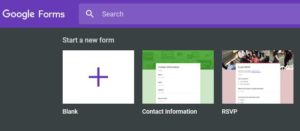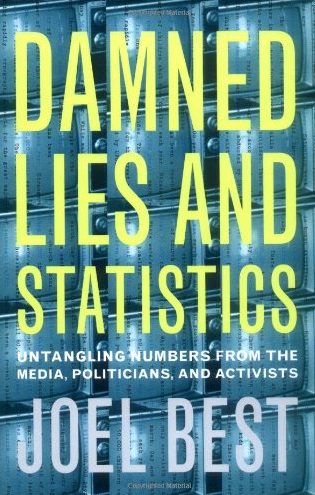 Author newsletters have been a topic of conversation here before. These newsletters let you communicate with readers, telling them about upcoming books, sales or appearances, and a variety of other fun topics you choose. However, your newsletter doesn’t have to be a one-way street. You can use it to ask readers questions that help you learn more about them, help them feel useful, and help you hone your author business.
Author newsletters have been a topic of conversation here before. These newsletters let you communicate with readers, telling them about upcoming books, sales or appearances, and a variety of other fun topics you choose. However, your newsletter doesn’t have to be a one-way street. You can use it to ask readers questions that help you learn more about them, help them feel useful, and help you hone your author business.
So, what types of things should you ask your readers and how? There are generally two categories of questions to ask your readers: ones that help you get to know them better and opinion questions that help make readers feel more part of the process (and also help your author business). Continue reading “A Survey of Your Newsletter Readers Provides Info, a Sense of Community”

 The eBook has been with us for nearly two decades. Without it, we would not have seen the explosion of self-published authors as we have. In fact, many of us wouldn’t be reading this right now if it weren’t for eBooks. While eBooks have become ubiquitous in our society, we don’t really know much about the behavior of eBook readers.
The eBook has been with us for nearly two decades. Without it, we would not have seen the explosion of self-published authors as we have. In fact, many of us wouldn’t be reading this right now if it weren’t for eBooks. While eBooks have become ubiquitous in our society, we don’t really know much about the behavior of eBook readers.